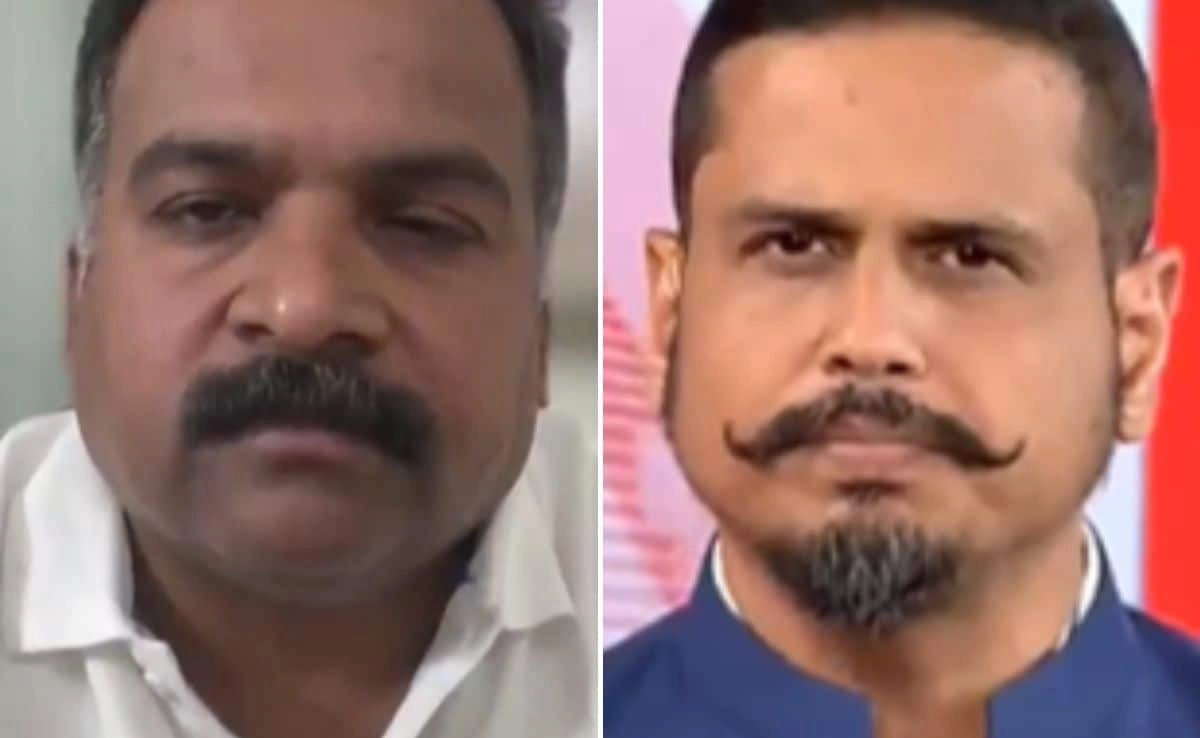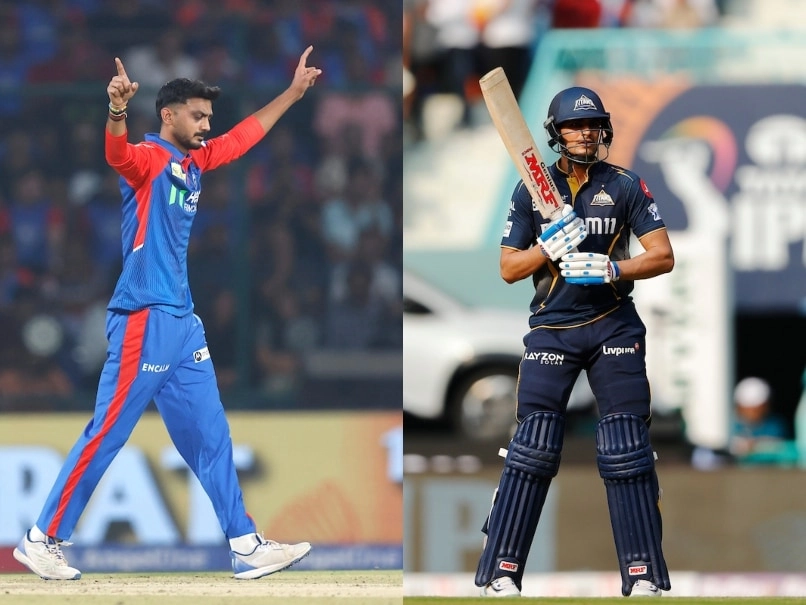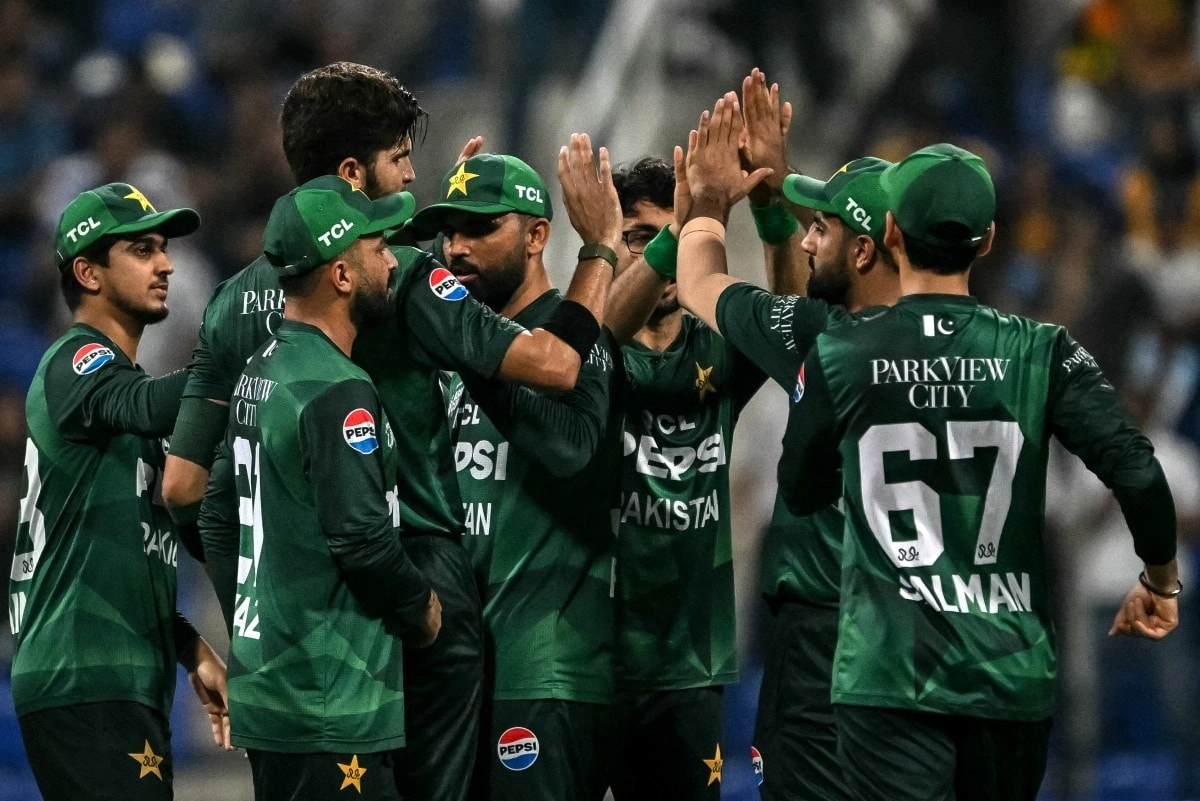In a recent parliamentary session, a Member of Parliament (MP) challenged the remarks made by the Supreme Court concerning Rahul Gandhi, the prominent leader of the Indian National Congress. The MP’s comments have sparked significant debate regarding the relationship between the judiciary and political figures in India. The Supreme Court’s observations appeared to question the loyalty of certain political leaders to the democratic process, particularly in light of Gandhi’s ongoing legal battles and public statements. This has raised concerns about the implications of judicial commentary on political figures and the potential impact on public perception.
The MP argued that the judiciary, while an essential pillar of democracy, should exercise caution when making remarks that could be interpreted as undermining the credibility or loyalty of political leaders. The essence of democracy lies in the ability of political figures to voice dissent and engage in constructive criticism of the judiciary itself. Observers note that a healthy democracy requires a delicate balance between the judiciary and the legislature, with both branches respecting each other’s domains while upholding the rule of law. The MP’s remarks underscore the necessity for judicial restraint, particularly when it comes to commenting on the motivations and loyalties of elected officials.
Furthermore, the MP highlighted that public trust in the judiciary is paramount for maintaining the integrity of democratic institutions. When judicial comments seem to question the motives of political leaders, it can lead to a perception of bias or favoritism, which could erode public confidence in the legal system. The dialogue surrounding the Supreme Court’s remarks is indicative of broader concerns about the independence of the judiciary and its role in shaping political discourse. As the political landscape continues to evolve, it is crucial for all branches of government to engage in respectful dialogue that fosters cooperation rather than division.
In conclusion, the exchange between the MP and the Supreme Court raises important questions about the intersection of law and politics in India. It emphasizes the need for a constructive relationship between the judiciary and political leaders, where both parties can operate effectively without undermining each other’s roles. The ongoing debate serves as a reminder of the complexities involved in governance and the importance of upholding democratic values while navigating the challenges posed by political rhetoric and judicial scrutiny. As the situation develops, it will be essential to monitor how these discussions shape the future of political and judicial interactions in the country.




